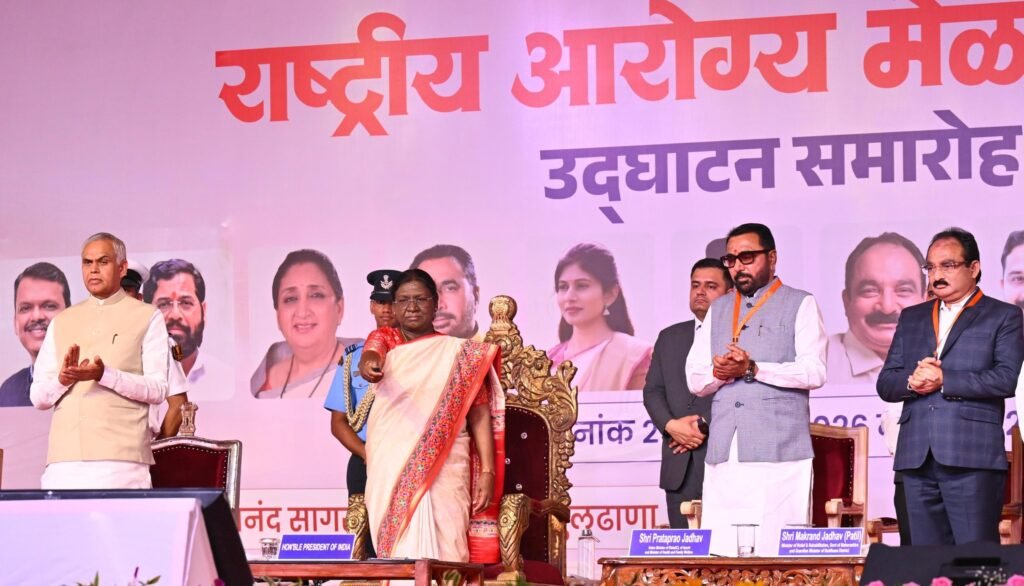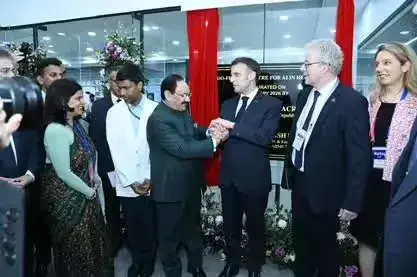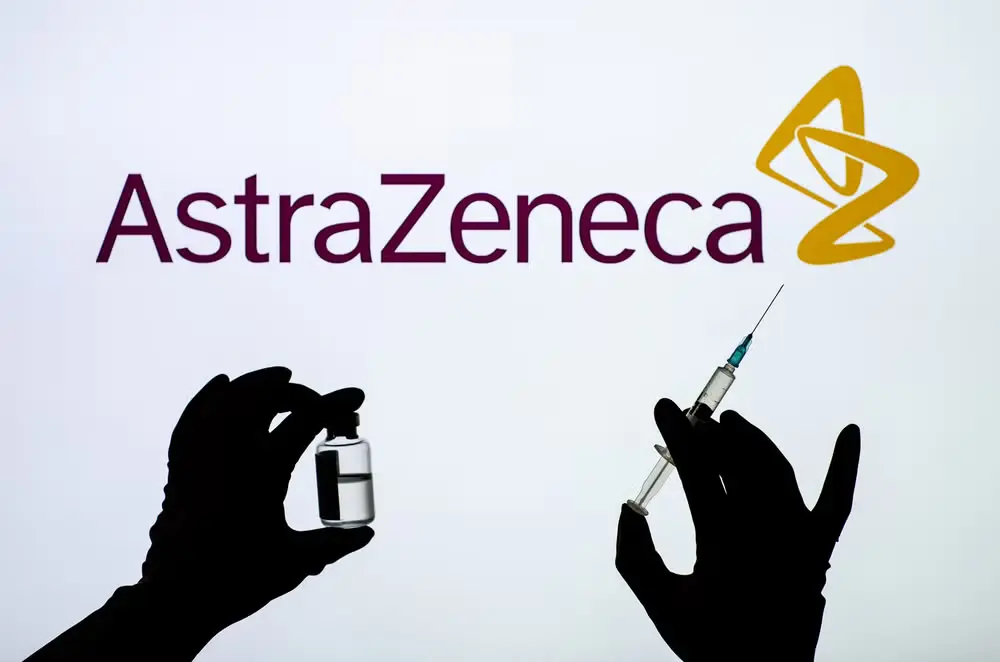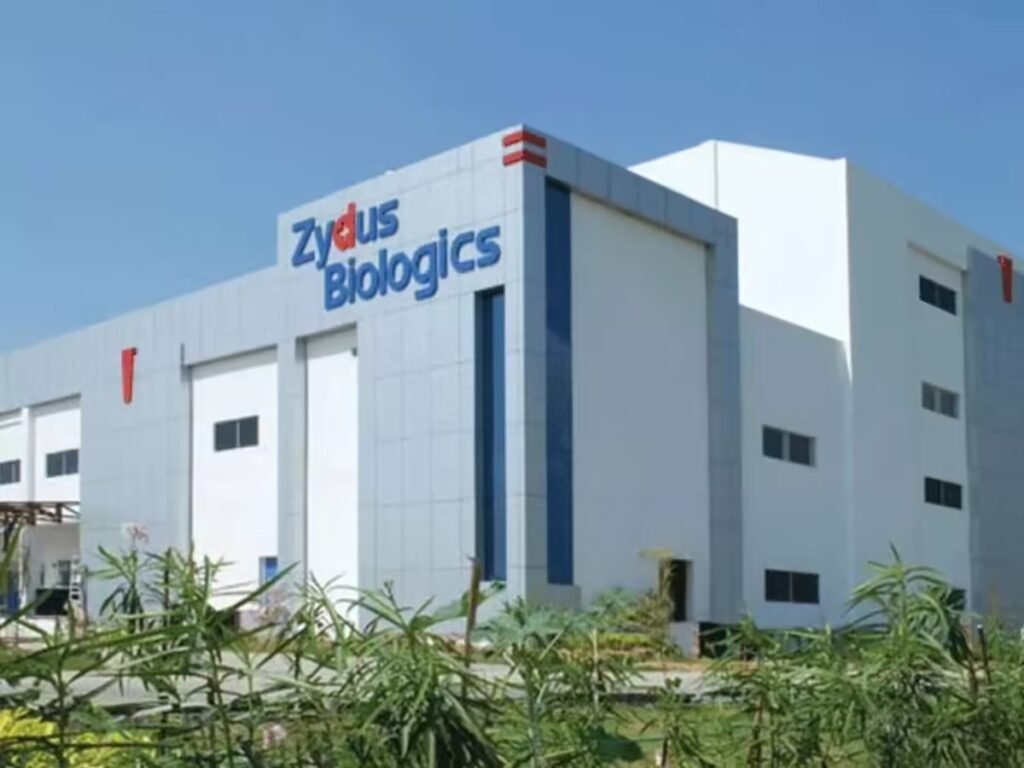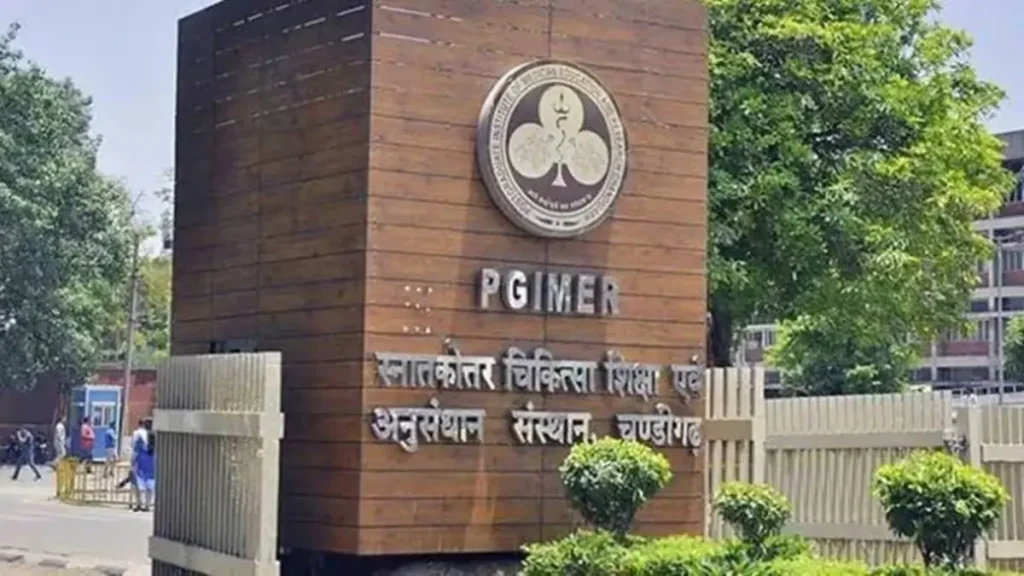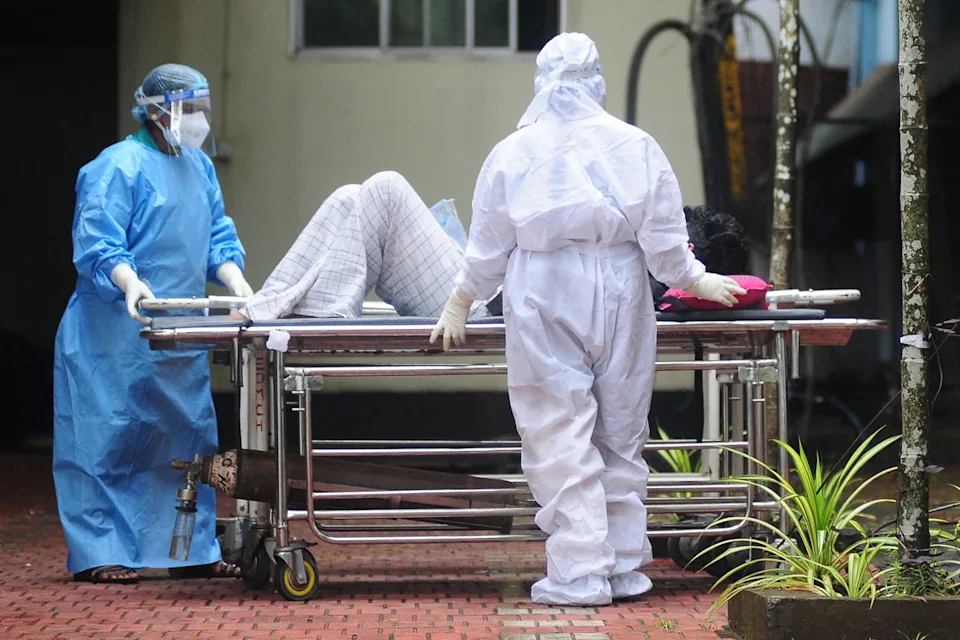BMI at Age 10 and Childhood Growth Rate Linked to Higher Risk of Diabetes and Heart Disease: Study
A new study published in Nature Communications has found that body mass index (BMI) at age 10 and overall growth rate between ages one and 18 may play a significant role in determining the risk of developing diabetes, high cholesterol, and heart disease later in life. The research, led by Nicole Warrington, Senior Research Fellow at the University of Queensland, examined how genetic factors influence changes in a child’s BMI over time. According to Warrington, approximately 25 per cent of the variation in children’s body weight trajectories from age one to 18 can be attributed to genetics. She noted that relying solely on population averages to assess child growth may overlook crucial individual genetic differences. The study analysed nearly 66,000 BMI measurements collected from around 6,300 children and adolescents aged between one and 18 years. By tracking growth patterns longitudinally rather than at a single age, researchers were able to better understand how genetics shapes the pace and pattern of growth. Geng Wang, Postdoctoral Research Fellow at the University of Queensland, said the findings may help reassure parents concerned about early weight gain or growth differences in their children. He explained that genetic factors affecting body size in infancy may differ from those influencing body size during adolescence. Importantly, the researchers found that body size differences in early childhood do not necessarily indicate a lifelong risk of obesity. Warrington emphasised that further research is needed to identify the most effective stages in childhood to intervene for preventing obesity or poor growth outcomes in the long term. The data for the analysis was drawn from the “Children of the 90s” study, conducted by the University of Bristol, a long-term research project investigating environmental and genetic influences on health and development. Source: PTI


